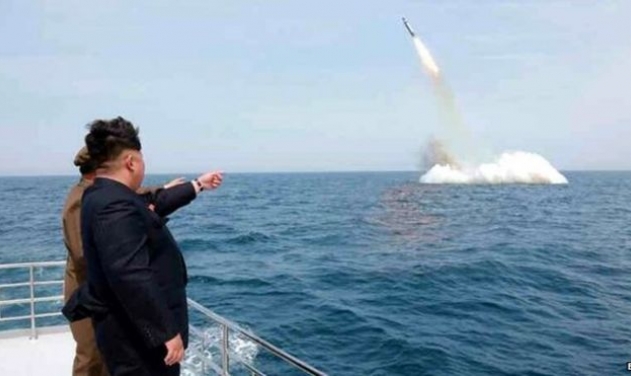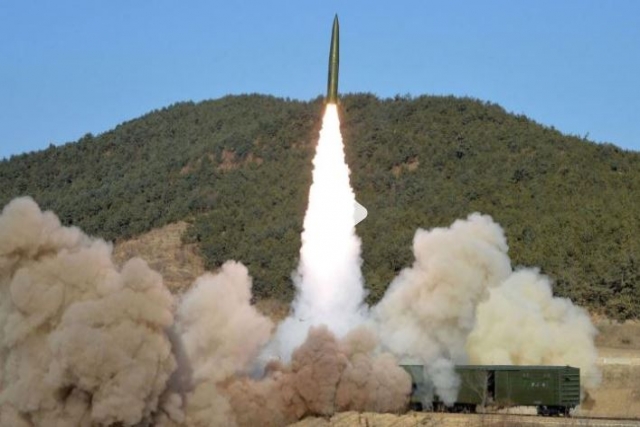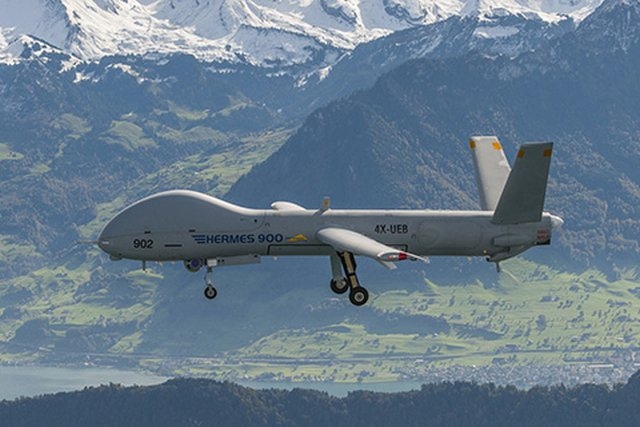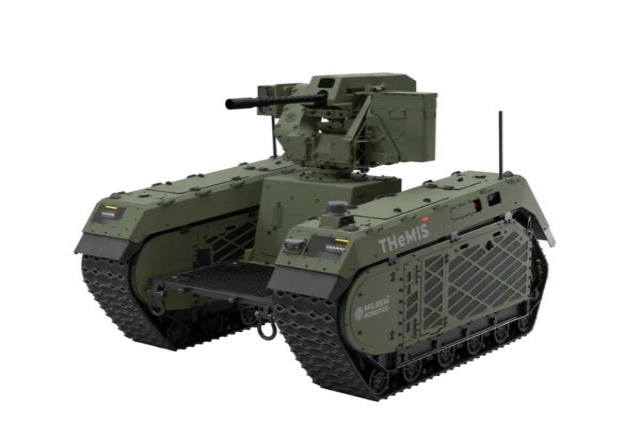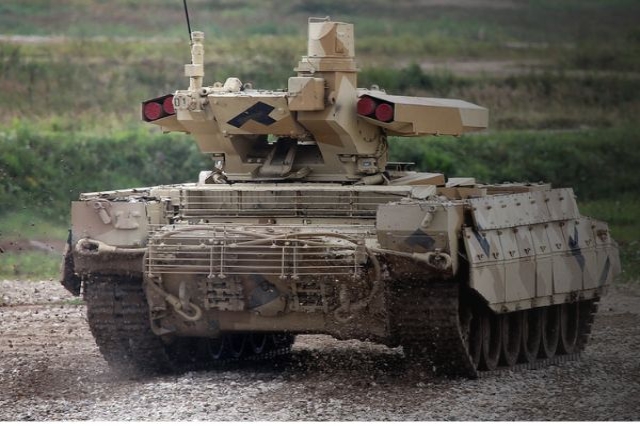Chinese Warplanes ‘Harass’ Canadian Patrol Aircraft Enforcing U.N. Sanctions
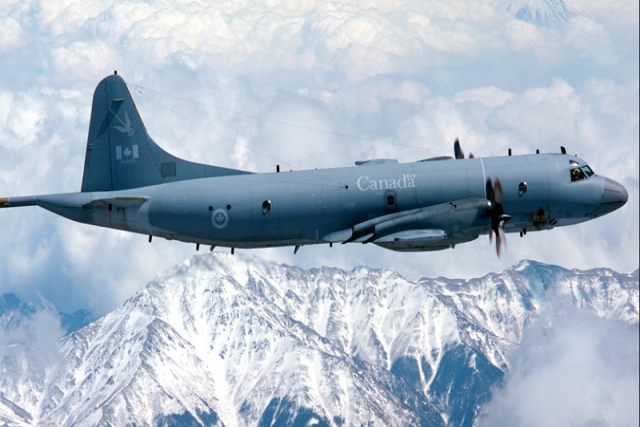
The Canadian Armed Forces alleged that Chinese warplanes harassed its aircraft tasked with patrolling international airspace as part of a United Nations Security Council (UNSC) mission to enforce sanctions imposed against North Korea.
Canada made these accusations Wednesday, saying that on several occasions between April 26 and May 26, Chinese military planes approached CP-140 Aurora long-range patrol aircraft in an attempt to divert them from their flight path.
"These interactions are unprofessional and/or put the safety of our Royal Canadian Air Force (RCAF) personnel at risk," it said in a statement. "In some instances, the RCAF aircrew felt sufficiently at risk that they had to quickly modify their own flight path in order to increase separation and avoid a potential collision with the intercepting aircraft.”
"These interactions are well-documented by our aircrew for professional internal analysis,” RCAF said.
The CP-140s were deployed to Japan’s Kadena on April 26 as part of Operation NEON, Ottawa's contribution to the multinational effort to enforce sanctions imposed between 2006 and 2017 on North Korea over its repeated nuclear weapon tests and ballistic missile launches.
Op NEON sees military ships, aircraft and personnel deployed to conduct surveillance operations to identify suspected maritime sanctions evasion activities, in particular ship-to-ship transfers of fuel and other commodities banned by the UNSC.
Relations between Canada and China deteriorated after Ottawa arrested Meng Wanzhou, the CFO of Huawei, in December 2018 at the request of Washington. Shortly after, Beijing arrested Canadian citizens Michael Kovrig and Michael Spavor. They were let go after Ottawa released Meng who entered a deal with U.S. prosecutors to defer fraud charges against her.
On May 20, Canada banned Huawei and ZTX from its 5G networks.
